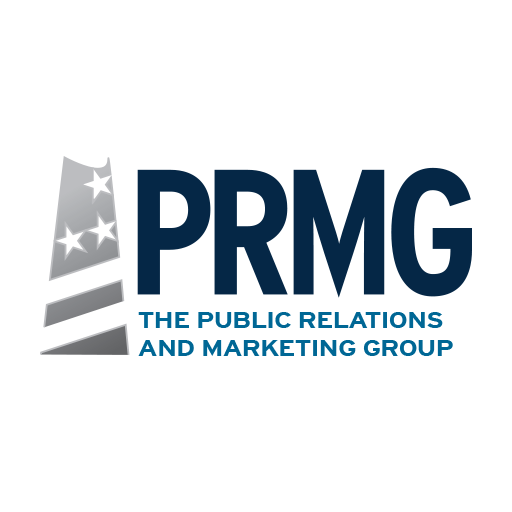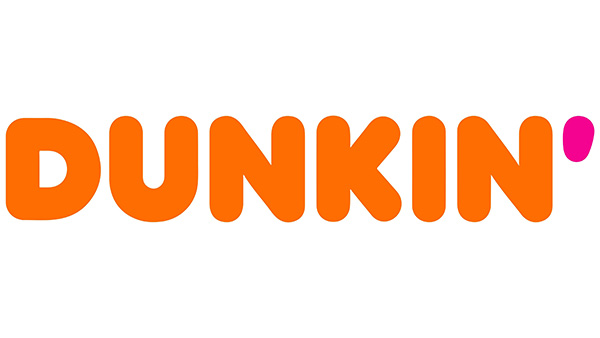These days, it’s not enough to have a beautiful, user-friendly website. It’s also important to consider the site’s existence on, and interaction with, search engines. Search engine optimization is one of the best ways to initiate and funnel traffic to your website, and a well-performing website utilizes the right combination of on-page, on-site and off-site optimization strategies.
On-Page Optimization
On-page optimization ensures the optimal mix and frequency of well-researched keyword phrases. This typically consists of measuring relevancy across items such as: page title tags, meta descriptions, header (h1, h2) tags, image alt tags, link title attributes and paragraph text on a single web page. On-page optimization also focuses on including keyword phrases in the right locations of a web page. Search engines will prioritize the importance of a keyword phrase that’s physically higher up on the page and tagged correctly, and give that particular phrase more weight when categorizing and ranking your website in organic search results.
On-Site Optimization
On-site optimization focuses on the importance of relevancy across many pages of a website, or the entire site. An example of this would be a website for an accountant where all topics, including practice areas, blog pages, articles etc., focus on accounting-related issues, like taxation, filing, bookkeeping, or anything relevant to the business. Typical on-site optimization strategies include a rich link structure that connects keywords or phrases to other related pages that may more clearly define the specified keyword phrase. Ensuring that the anchor text used in a hyperlink is rich with keywords that clearly define what the subject of the destination page is about gives a search engine a better idea as to what the overall site’s theme and category are. A good example of this would be avoiding a phrase like “click here” as a means to link to another page.
Other on-site strategies would include having a current XML sitemap to help search engines crawl and identify the location of all of your website pages without missing any, using schema markup to better translate information about your organization to search engines (location, hours, type of business), identifying and removing duplicate content to avoid penalties, and using DRY (don’t repeat yourself), lean, compressed (minified) code so that your site loads quickly, giving visitors an optimal experience.
Off-Site Optimization
Off-site optimization techniques primarily focus on aspects that can increase the visibility of a website in organic search results by way of factors that are external to the website itself. This would include social media strategies set to drive traffic and inbound links, obtaining backlinks by use of credible online directories, and ensuring that URLs, address listings, and phone numbers are precise and accurate across all locations on the web. Also, writing compelling, original, quality content — like press releases or blogs that authoritative sites like news sites and thought-leading blogs may want to link to — can help increase your organic search rankings.
A healthy combination of on-page, on-site and off-site optimization is the best approach to increasing visibility for your website. The Public Relations and Marketing Group is both knowledgeable and experienced in creating successful optimization and marketing strategies for websites. Call now for a consultation: 631-207-1057 or email us at: info@theprmg.com.



